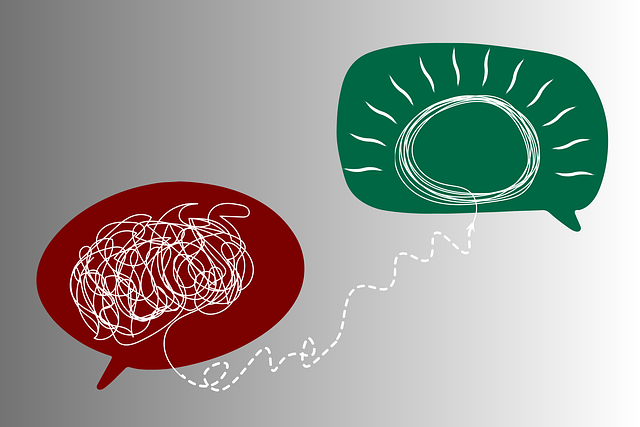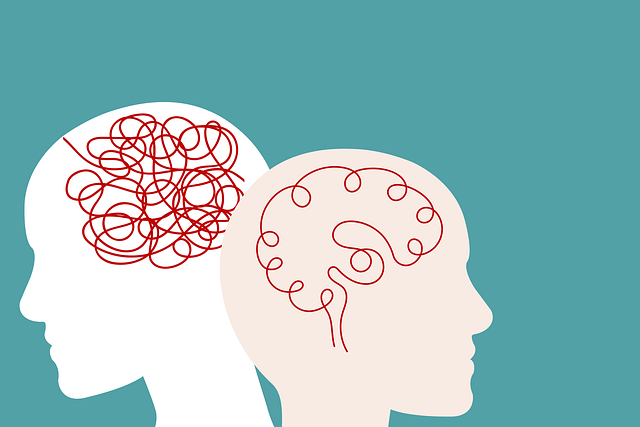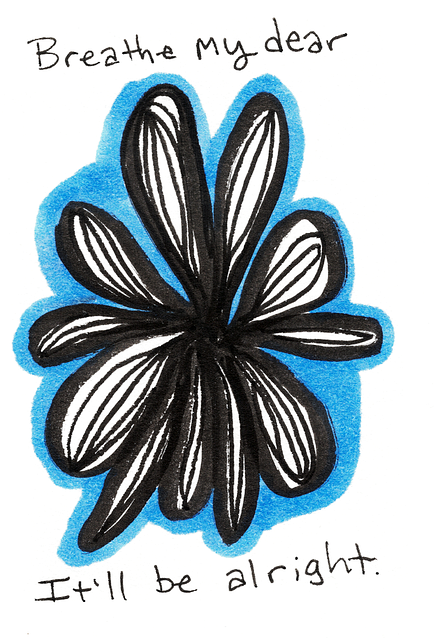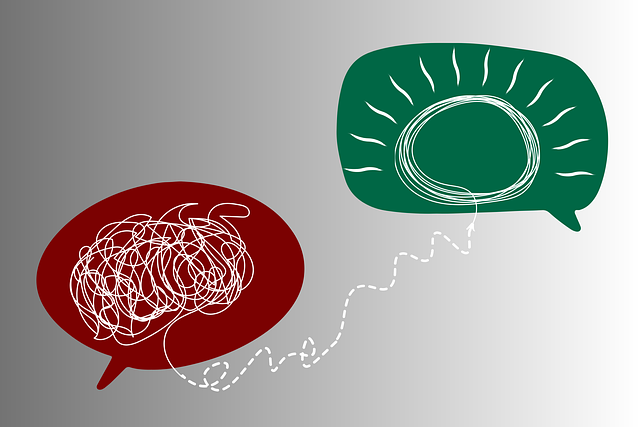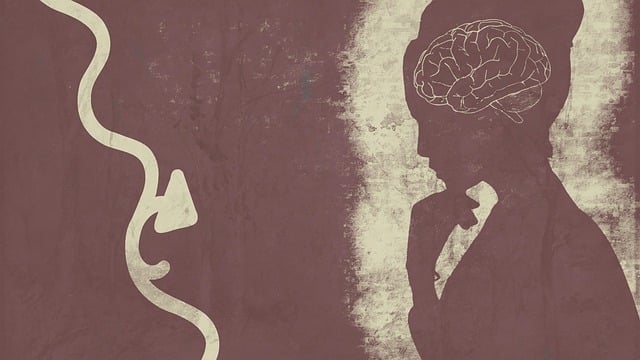Understanding your unique mental wellness needs is crucial for crafting a personalized self-care routine. Through introspection and professional guidance, like that offered by Centennial Alcohol Abuse Therapy, individuals can identify specific requirements for managing stress, trauma, or chronic conditions. Techniques such as journaling, mindfulness meditation, regular exercise, adequate sleep, and engaging hobbies, integrated into daily life, promote emotional well-being. Social connections through support groups and social skills training further enhance mental wellness routines, fostering resilience against challenges like alcohol abuse.
“Unwind and embrace a transformative journey towards optimal mental wellness with our comprehensive guide. In today’s fast-paced world, prioritizing self-care is paramount. This article aims to empower individuals in developing a robust self-care routine, catering to unique mental health needs. We’ll explore the significance of understanding your mind, crafting personalized practices, and integrating sustainable habits for long-term well-being. Discover evidence-based strategies that can help alleviate stress, anxiety, and even Centennial Alcohol Abuse Therapy concerns, promoting a healthier, more balanced lifestyle.”
- Understanding Your Mental Wellness Needs
- Crafting a Personalized Self-Care Routine
- Integrating Practices for Long-Term Well-being
Understanding Your Mental Wellness Needs

Understanding your mental wellness needs is a crucial step in developing an effective self-care routine. Every individual’s journey with their mental health is unique, shaped by personal experiences and various factors like stress, trauma, or chronic conditions. Recognizing these requirements involves introspection and, if needed, seeking professional guidance from therapists, counselors, or support groups such as Centennial Alcohol Abuse Therapy. These professionals can offer valuable insights into managing specific mental health concerns.
One way to start this process is through self-reflection, like journaling. Mental wellness journaling exercises can help you identify triggers, track moods, and gain clarity on what brings you peace and resilience. Additionally, mental illness stigma reduction efforts have made it safer for individuals to openly discuss their struggles. Engaging in activities that foster social connections, such as joining support groups or participating in community events, is another essential aspect of nurturing mental wellness alongside practices like social skills training.
Crafting a Personalized Self-Care Routine

Crafting a personalized self-care routine is a transformative journey that empowers individuals to nurture their mental wellness effectively. It involves identifying unique activities and practices that resonate with one’s needs, promoting overall well-being. This tailored approach goes beyond general recommendations; it’s about recognizing individual preferences and triggers for stress or anxiety. For instance, some may find solace in nature walks, while others thrive through creative outlets like painting or writing.
Integrating self-care practices into daily life is a powerful tool to combat issues such as centennial alcohol abuse therapy. By prioritizing mental wellness, individuals can build resilience and enhance their ability to manage challenges. Social skills training, an integral component of comprehensive therapy, can also be incorporated into these routines, fostering connections and improving overall quality of life.
Integrating Practices for Long-Term Well-being

Integrating practices for long-term well-being is a key component of developing a robust mental wellness self-care routine. Beyond occasional therapy sessions, such as those offered by Centennial Alcohol Abuse Therapy, consistent daily habits play an essential role in Mental Health Awareness and Depression Prevention. Techniques like mindfulness meditation, regular physical activity, adequate sleep hygiene, and engaging hobbies can significantly promote Emotional Well-being Promotion Techniques.
By weaving these practices into one’s routine, individuals can foster resilience against mental health challenges. This holistic approach ensures that various aspects of life—mind, body, and spirit—are nurtured equally, contributing to a more balanced and fulfilling existence.
Developing a mental wellness self-care routine is a transformative journey towards improved well-being. By understanding your unique needs, personalizing practices, and integrating them into daily life, you can foster resilience and enhance overall mental health. Just as Centennial Alcohol Abuse Therapy offers specialized support, crafting your own routine empowers you to navigate life’s challenges with greater equilibrium. Embrace self-care as a lifelong practice, allowing it to adapt and grow with you, ensuring long-term mental wellness.

